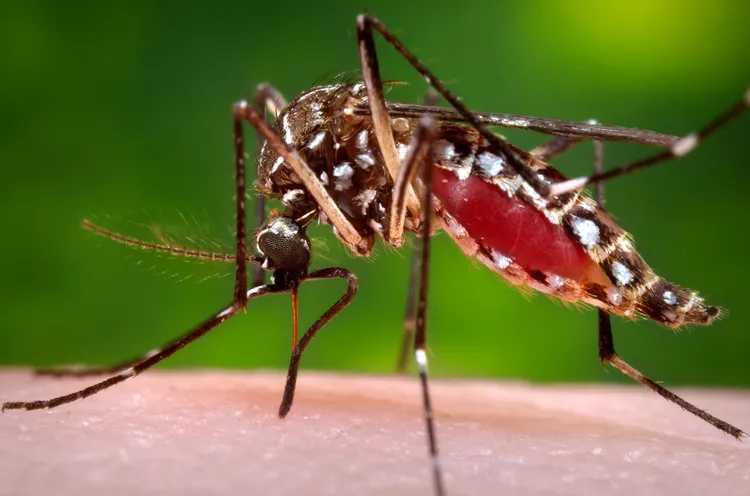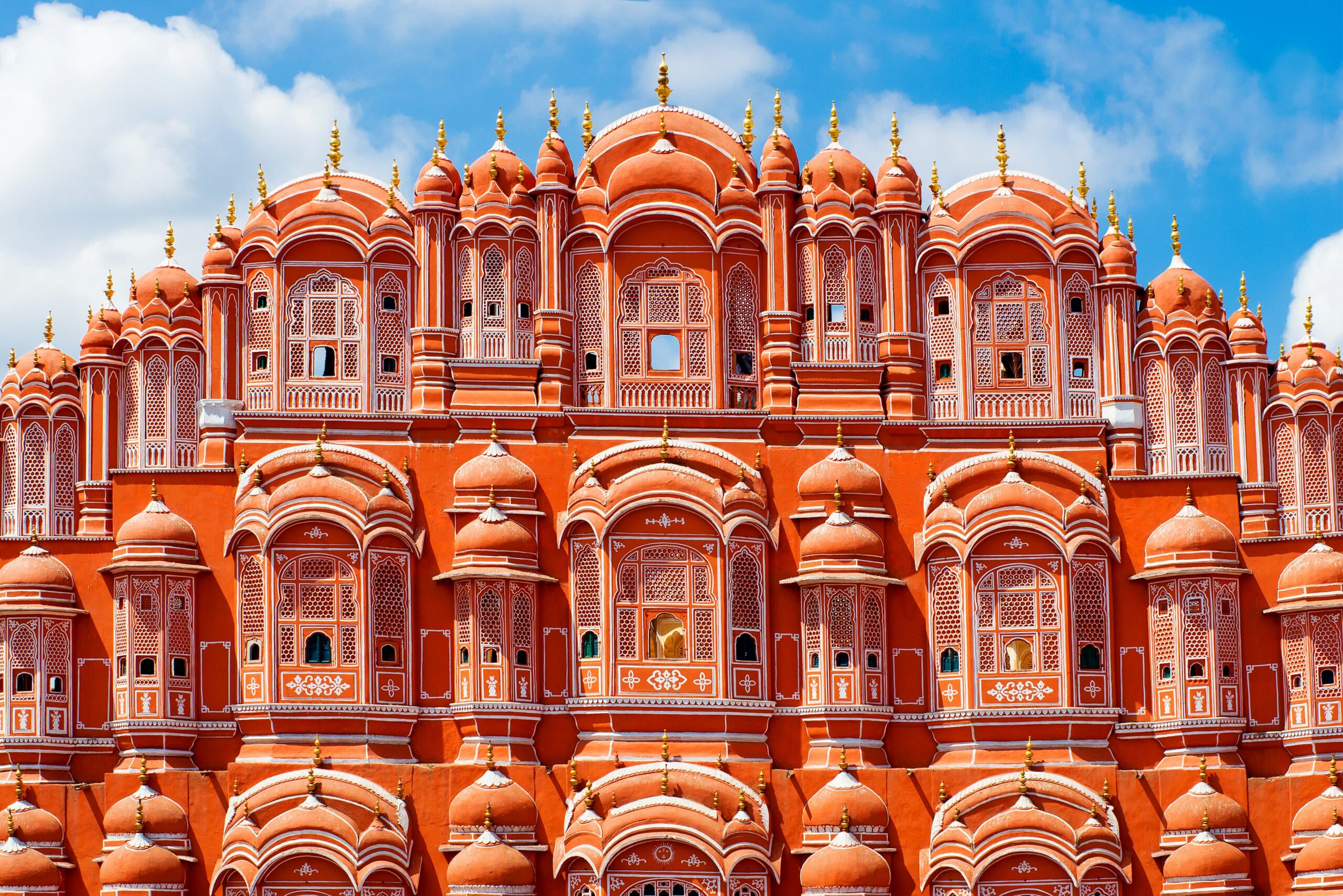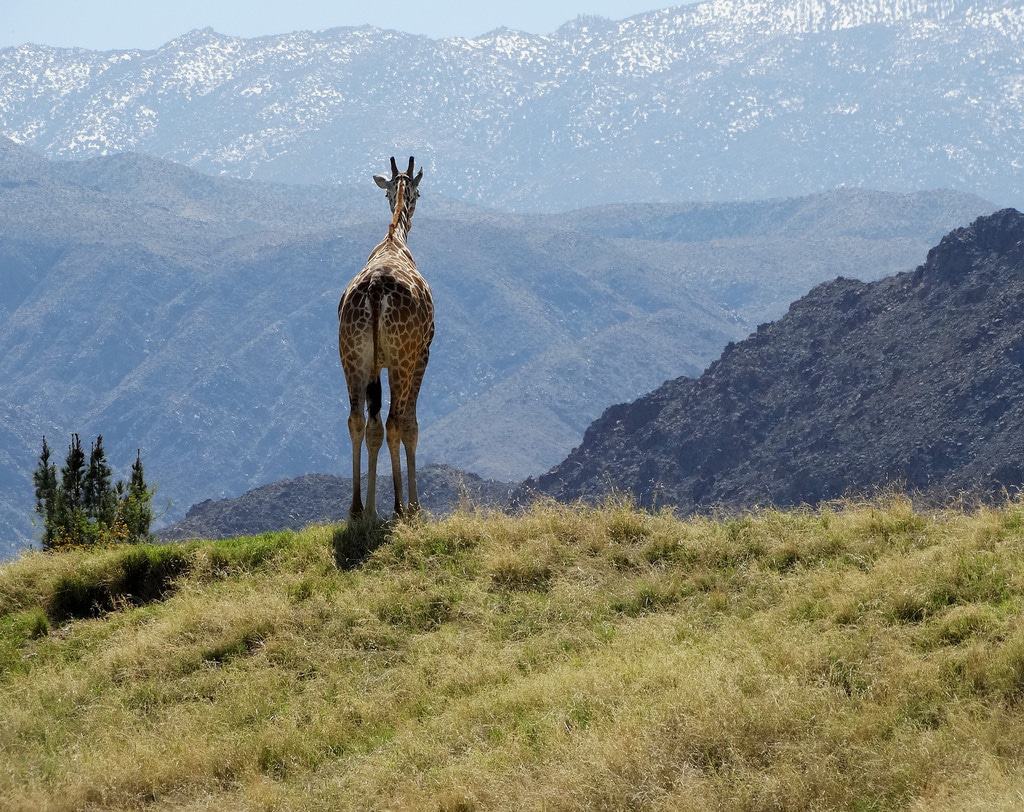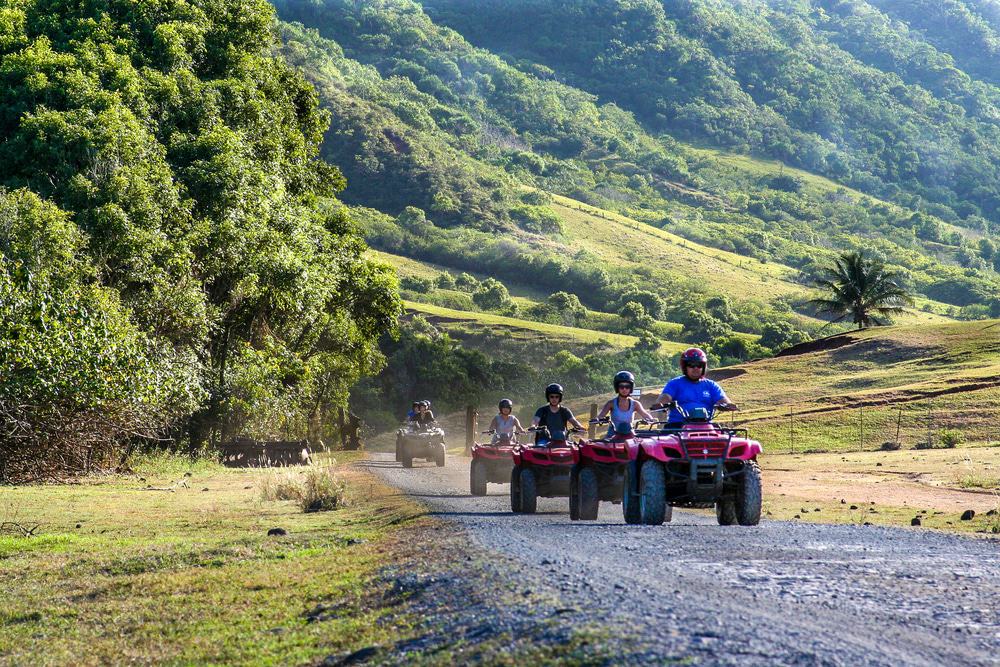Mosquitoes may be interesting on a scientific level; however, these little blood-suckers are, quite understandably, despised by most human beings. Their seemingly incessant attacks can cause frustration, while unsightly and itch-inducing bites linger for days. Moreover, these bites can carry potentially life-threatening diseases.
Mosquito-Borne Diseases
In Peru, as in many regions around the globe, these mosquito-borne diseases include:
- Malaria
- Yellow Fever
- Dengue Fever
- Potentially, the chikungunya and Zika viruses
Some Peruvians, especially those accustomed to the presence of mosquitoes, have an incredible capacity to coexist with these tiny terrors; nonetheless, the risk of disease remains very real. For many tourists, however, a twilight stroll along a Peruvian riverbank can feel akin to waving a red rag at a bull.
The good news is that you won’t be plagued by mosquitoes throughout Peru. In fact, most of your trip will probably be surprisingly bug-free. Therefore, when you do find yourself entering a danger zone, it pays to be prepared.
How to Avoid Bites
- Use mosquito repellents — Repellents remain one of the most effective defenses against mosquitoes. In certain parts of Peru, especially the jungle, it’s a case of “never leave home without it.” If you’re wondering which repellent to use, check the Centers for Disease Control’s recommended insect repellents page.
- Wear the correct clothing — Even if you travel light, it’s advisable to pack some long-sleeved shirts and full-length pants. You’ll benefit from them in the chilly highlands; moreover, they help protect you when mosquitoes are on the prowl. Covering as much bare skin as possible is a solid defense against bites (loose-fitting clothes are beneficial, but remember to tuck your shirt in). Hats are also handy, and shoes are better than open-toed sandals. You can also spray clothing-friendly repellents onto your attire for added protection.
- Use a mosquito net — If your hotel, lodge, or hostel has a mosquito net, make sure to use it. If it’s available, it’s for your protection. If you expect to spend a considerable amount of time in areas where mosquitoes could be a concern, consider bringing your own net. Nets treated with a pyrethroid insecticide (such as permethrin) offer the best protection.
- Avoid peak mosquito hours — Mosquitoes can bite at any time of the day; however, they are particularly active during peak biting periods, often at dawn and dusk. If the pattern is different in your area, you’ll soon discover when the biting is worse, allowing you to adjust your plans accordingly.
- Use a mosquito coil — Spatial repellents, such as mosquito coils, can be effective for clearing areas of unwanted blood-suckers. Generally, they should be used alongside body-based repellents or nets, rather than as a substitute.
- Stay clean (but not overly fragrant) — Human body odor may influence how mosquitoes are attracted to you, which may explain why some individuals remain relatively unscathed while others are bitten relentlessly. A 2011 research team from Wageningen University in the Netherlands discovered that “individuals with a higher abundance but lower diversity of bacteria on their skin” were more attractive to a particular type of mosquito. Conversely, the fragrant scents of shampoos, body lotions, and soaps are often thought to attract mosquitoes, although the evidence supporting this theory is limited.
By adhering to the guidelines above, you can minimize the number of mosquito bites you encounter and protect yourself against potentially serious diseases. Finally, it’s prudent to stay informed about the latest news in Peru, as outbreaks of mosquito-borne diseases like dengue and malaria do occur. Staying updated with Peru-based news resources will enable you to know what areas to avoid during an outbreak.




